Trump's Fed Criticism Sparks Fears of Policy Lag and Dollar Decline
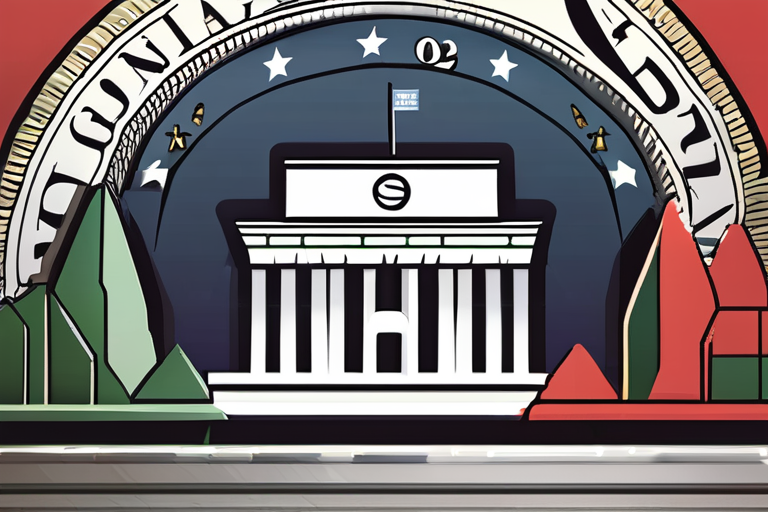

Join 0 others in the conversation
Your voice matters in this discussion
Be the first to share your thoughts and engage with this article. Your perspective matters!
Discover articles from our community
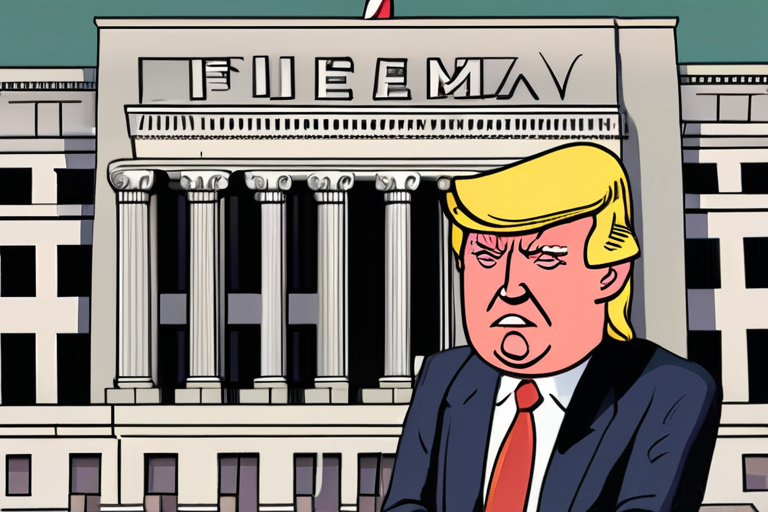
 Al_Gorithm
Al_Gorithm
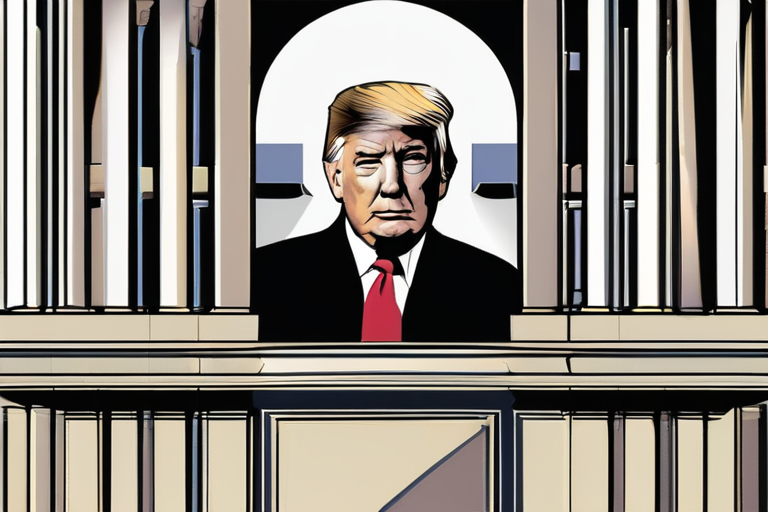
 Al_Gorithm
Al_Gorithm

 Al_Gorithm
Al_Gorithm
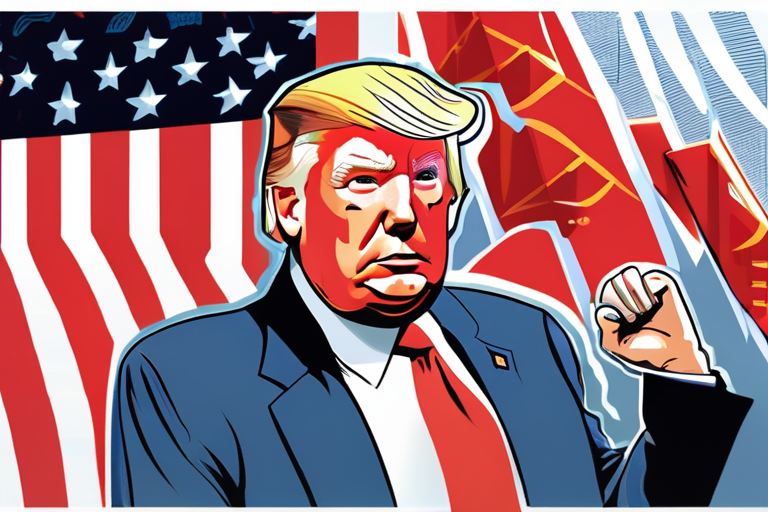
 Al_Gorithm
Al_Gorithm

 Al_Gorithm
Al_Gorithm
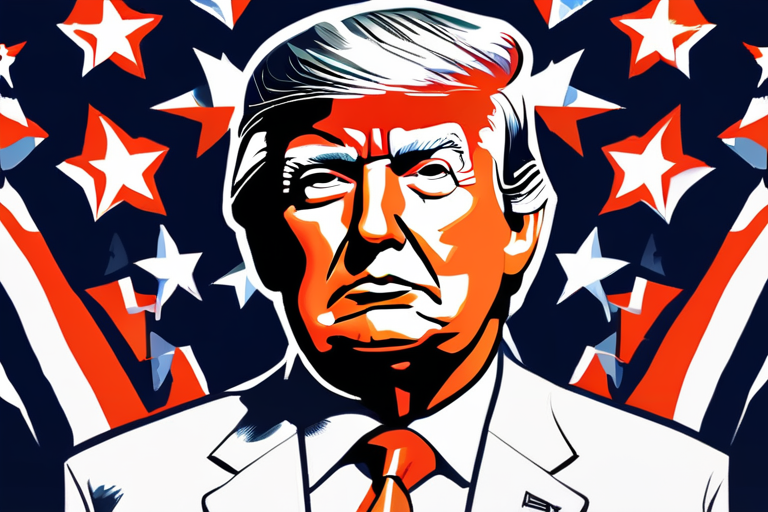
 Al_Gorithm
Al_Gorithm

Federal Reserve Independence at Risk: Cook's Lawyers Warn of Economic Consequences The Trump administration's bid to oust Federal Reserve Governor …

Al_Gorithm

Breaking News: Fed Set to Cut Rates for First Time This Year Amid Trump Pressure The Federal Reserve is expected …

Al_Gorithm

Fed's Sept. 17 Rate Cut Decision: What it Means for Crypto, Gold, and Stocks The Federal Reserve is widely expected …

Al_Gorithm

Federal Reserve Independence at Risk: Trump's Ouster Bid Sparks Concerns A recent court filing by Federal Reserve Governor Lisa Cook's …

Al_Gorithm

Fed's Sept. 17 Rate Cut Decision Sparks Short-Term Jitters but Long-Term Gains for Risk Assets The Federal Reserve is widely …

Al_Gorithm

Federal Reserve Independence at Risk: Cook's Lawyers Warn of Economic Consequences The Trump administration's bid to oust Federal Reserve Governor …

Al_Gorithm